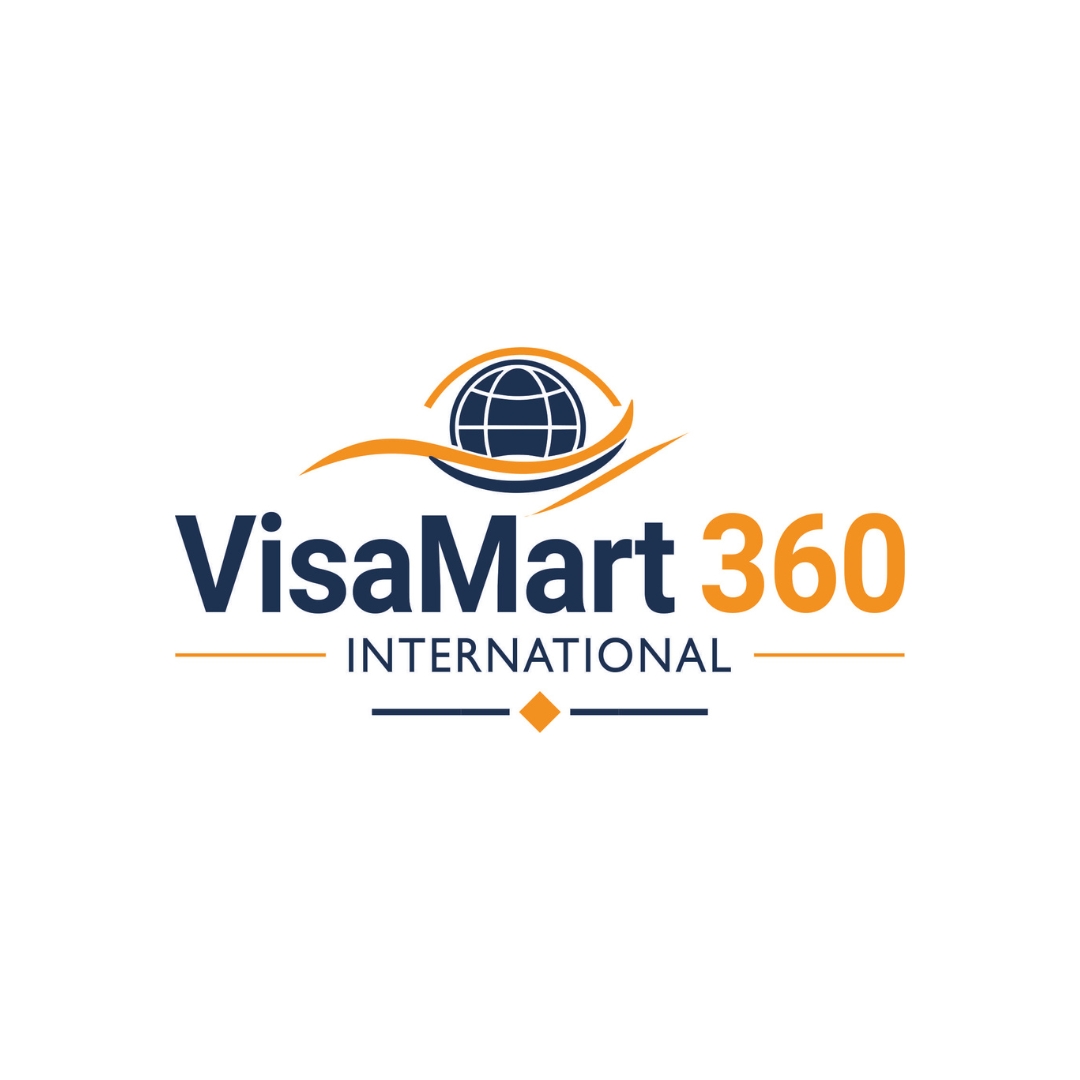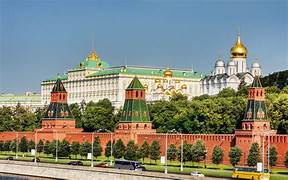Studying in Russia offers a unique opportunity to immerse yourself in a rich cultural landscape while accessing quality education at relatively affordable costs. With globally recognized universities and a diverse range of programs, Russia is an increasingly popular destination for international students. However, securing a study visa is a critical step in this journey. This guide provides an in-depth, step-by-step overview of the process for obtaining a study visa in Russia, ensuring you have all the information needed to navigate the requirements successfully.
Why Study in Russia?
Russia is home to over 700 universities, many of which rank among the world’s best, such as Lomonosov Moscow State University and Saint Petersburg State University. The country offers programs in fields like medicine, engineering, humanities, and technology, often at lower tuition fees compared to Western countries. Additionally, international students can experience Russia’s vibrant culture, historic landmarks, and diverse communities. To study in Russia, most international students require a student visa, which allows them to reside in the country for the duration of their academic program.
Types of Russian Student Visas
Russia offers two primary types of visas for international students:
- Single-Entry Visa: Valid for up to 90 days, this visa is suitable for short-term courses or language programs. It allows one entry into Russia and cannot be extended without leaving the country.
- Multiple-Entry Visa: Initially issued for 90 days, this visa can be extended for the duration of your study program (up to one year at a time). It allows multiple entries and exits, making it ideal for long-term academic programs like bachelor’s, master’s, or PhD degrees.
The multiple-entry visa is the most common choice for international students pursuing full-time studies.
Eligibility Criteria for a Russian Study Visa
To qualify for a Russian study visa, you must meet the following criteria:
- Admission to a Recognized Institution: You must have an official acceptance letter from a Russian educational institution accredited by the Russian Ministry of Education and Science.
- Valid Passport: Your passport must be valid for at least 18 months beyond the intended visa issuance date.
- Financial Proof: You need to demonstrate sufficient funds to cover tuition fees, living expenses, and return travel. This may include bank statements or a sponsorship letter.
- Health Requirements: A medical certificate confirming you are free from infectious diseases (such as HIV/AIDS) is mandatory.
- Visa Invitation: An official invitation letter from your university or the Russian Federal Migration Service is required.
Step-by-Step Process to Apply for a Russian Study Visa
Step 1: Secure Admission to a Russian Institution
Before applying for a visa, you must be accepted into a Russian educational institution. Research universities and programs that align with your academic goals. Popular choices include:
- Lomonosov Moscow State University: Known for its programs in natural sciences and humanities.
- Saint Petersburg State University: Offers diverse programs, including law and international relations.
- Peoples’ Friendship University (RUDN): Renowned for its multicultural environment and medical programs.
Submit your application to the university, including academic transcripts, a valid passport copy, and any required entrance exams or language proficiency tests (e.g., Russian language tests for non-English programs). Once accepted, the university will issue an invitation letter, which is essential for your visa application.
Step 2: Gather Required Documents
Prepare the following documents for your visa application:
- Valid Passport: Ensure it meets the 18-month validity requirement.
- Visa Application Form: Complete the official Russian visa application form, available on the website of the Russian Embassy or Consulate in your country.
- Invitation Letter: Provided by your university or the Russian Ministry of Internal Affairs.
- Passport-Sized Photographs: Typically, two recent photos (3.5 x 4.5 cm) with a white background.
- Medical Certificate: A certificate from a recognized medical facility confirming you are free from HIV/AIDS and other infectious diseases. Some consulates may require additional health checks.
- Proof of Funds: Bank statements, scholarship letters, or a sponsor’s financial guarantee.
- Visa Fee Payment Receipt: The fee varies by country but typically ranges from $50 to $200, depending on processing speed and visa type.
- Health Insurance: Proof of medical insurance valid in Russia for the duration of your stay.
Ensure all documents are translated into Russian and notarized if required by the embassy or consulate.
Step 3: Submit Your Application
Submit your application to the nearest Russian Embassy, Consulate, or authorized Visa Application Center. Some countries allow online submissions, but most require in-person visits. Schedule an appointment in advance to avoid delays. During submission, you may be asked to provide biometric data, such as fingerprints.
Step 4: Pay the Visa Fee
Visa fees depend on your nationality, visa type, and processing time (standard or expedited). For example:
- Single-Entry Visa: Approximately $80–$100 (standard processing).
- Multiple-Entry Visa: Approximately $100–$200.
- Expedited Processing: Additional fees may apply (e.g., $50–$100 extra).
Confirm the exact fee with the embassy or consulate, as it varies by country.
Step 5: Wait for Processing
Processing times typically range from 10 to 20 business days for standard applications. Expedited processing may take 3–5 days but incurs higher fees. Track your application status through the embassy or visa center’s online portal, if available.
Step 6: Receive Your Visa
Once approved, collect your visa from the embassy or visa center. Verify that all details (name, passport number, visa validity) are correct. If there are errors, notify the embassy immediately.
Step 7: Register in Russia
Upon arrival in Russia, you must register with the local migration authorities within 7 working days. Your university’s international office typically assists with this process. You’ll need to provide:
- Your passport and visa.
- Migration card (issued at the border or airport).
- Proof of accommodation (e.g., dormitory contract or lease agreement).
Failure to register may result in fines or deportation.
Extending Your Russian Study Visa
If your program lasts longer than 90 days, you’ll need to extend your multiple-entry visa. Extensions are processed within Russia through the university’s international office or the local migration authorities. Required documents include:
- A visa extension application form.
- Your passport and current visa.
- An updated invitation letter from your university.
- Proof of continued enrollment.
- A medical certificate (if requested).
Submit the extension application at least 30 days before your visa expires to avoid legal issues.
Costs of Studying and Living in Russia
Tuition Fees
Tuition fees vary by program and institution:
- Bachelor’s Programs: $2,000–$8,000 per year.
- Master’s Programs: $3,000–$10,000 per year.
- Medical Programs: $4,000–$12,000 per year.
Some universities offer scholarships, such as the Russian Government Scholarship, which covers tuition and provides a monthly stipend.
Living Expenses
Living costs in Russia are relatively affordable compared to Western countries:
- Accommodation: $50–$300 per month (dormitories are cheaper than private rentals).
- Food: $100–$200 per month.
- Transportation: $10–$30 per month (public transport is widely available).
- Health Insurance: $100–$200 per year.
Cities like Moscow and Saint Petersburg are more expensive than smaller cities like Novosibirsk or Kazan.
Tips for a Successful Visa Application
- Start Early: Begin the process at least 2–3 months before your program starts to account for delays.
- Double-Check Documents: Ensure all documents are complete, translated, and notarized as required.
- Learn Basic Russian: While many programs are offered in English, knowing basic Russian can help with daily life and administrative processes.
- Consult Your University: The international office can guide you through visa and registration requirements.
- Avoid Overstaying: Overstaying your visa can lead to fines, deportation, or a ban on re-entering Russia.
Challenges and How to Overcome Them
- Language Barrier: Some embassies or migration offices may have staff who speak limited English. Consider hiring a translator or seeking assistance from your university.
- Document Delays: Ensure your university sends the invitation letter promptly. Follow up if there are delays.
- Cultural Adjustment: Research Russian customs and academic expectations to ease your transition.
Conclusion
Obtaining a study visa for Russia is a manageable process if you plan ahead and follow the requirements diligently. From securing admission to registering upon arrival, each step is crucial to ensuring a smooth experience. By preparing thoroughly and leveraging support from your university, you can focus on what truly matters: your education and cultural journey in Russia. For the latest information, always check with the Russian Embassy or Consulate in your country, as visa regulations may change.


